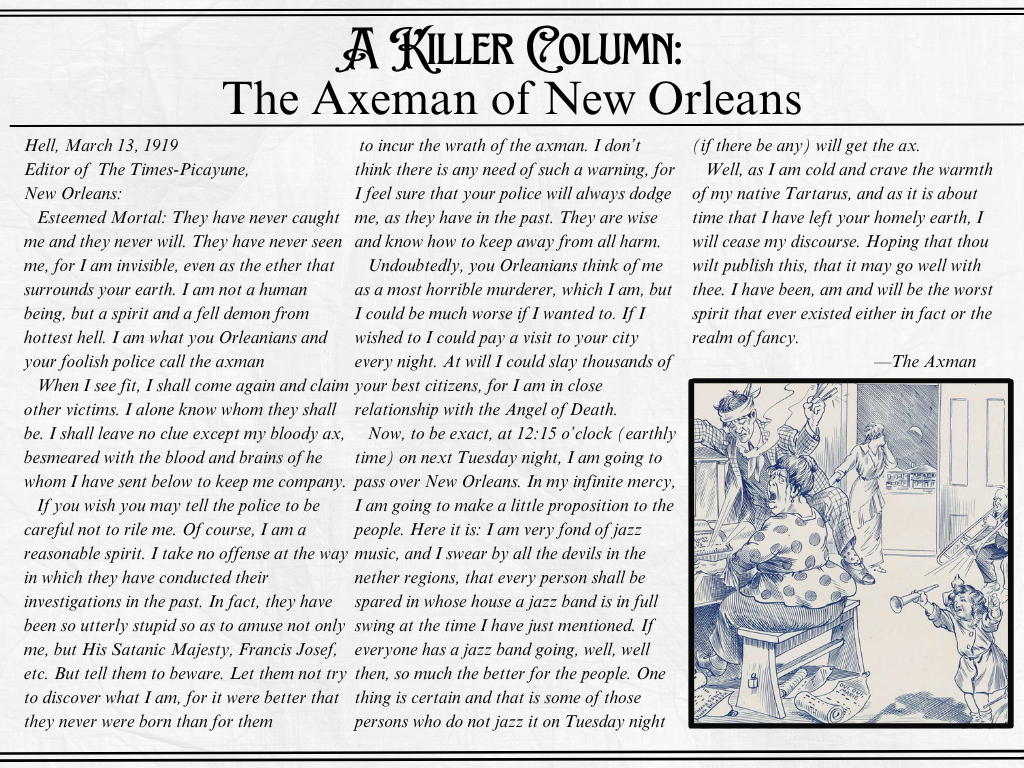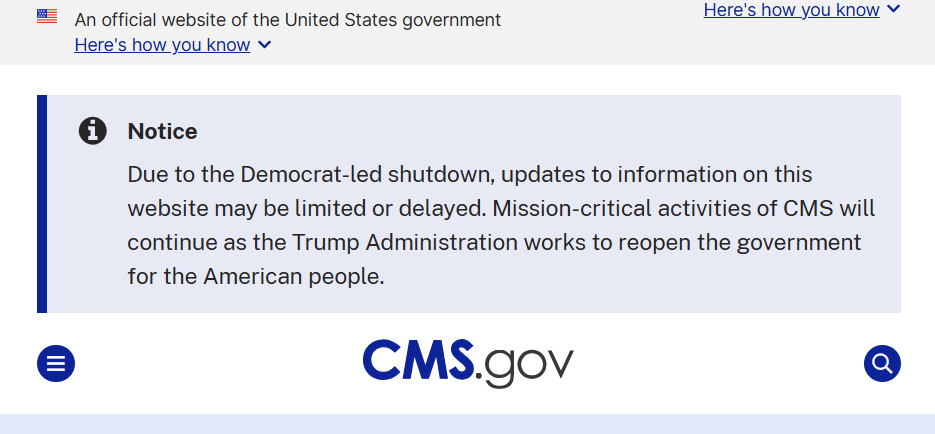College students across the country are applying for jobs that may not exist. Despite a flood of “Now Hiring” signs and online postings, employers meet qualified applicants with an almost expected silence in a job market run by algorithms rather than people.
This growing trend of employer ghosting is reshaping the way college students enter the workforce. Businesses announce that they are hiring, but when qualified candidates apply, communication often stops. In some cases, employers leave positions open to collect applicant demographics. In others, applications are screened out by artificial intelligence (AI) systems before a human ever reads them.
For students who are new to the job market, this lack of response feels personal. After years of being told to “gain experience,” they are confronted with an economy demanding experience they do not have and businesses refusing to offer even a conversation.
The cause of this silence is complex, but AI plays a major role. Most companies now rely on applicant tracking systems—software that scans resumes for keywords and filters out unqualified candidates, ranking the remainder by relevance. These systems are powered by AI models that make judgments about an applicant’s fit for a role based on language patterns and formatting.
This approach is efficient for employers dealing with hundreds of applications, but it creates barriers for those attempting to enter the job market. A resume that highlights coursework, leadership roles or part-time experience may not satisfy the algorithm’s criteria for “relevant experience.” If a person’s application fails to match a specific set of keywords, it can be dismissed automatically, with no notification to the applicant.
Research from the University of Washington and reports by The Washington Post and Forbes note that these systems are far from perfect. They can misinterpret resumes by favoring certain phrasing and even rank applicants on bias, non-relevant measures to the job description.
“…New University of Washington research found significant racial, gender and intersectional bias in how three state-of-the-art large language models, or LLMs, ranked resumes. The researchers varied names associated with white and Black men and women across over 550 real-world resumes and found the LLMs favored white-associated names 85% of the time, female-associated names only 11% of the time, and never favored Black male-associated names over white male-associated names.” Stefan Milne wrote for the University of Washington.
Another reason for employer silence is the rise of “ghost jobs”—positions posted publicly but are not actively being filled. According to hiring platform data from Greenhouse and Axios, nearly one in five job listings fall into this category.
The reasons employers keep positions live are to collect resumes for future openings or simply to appear active in the labor market.
For students who spend hours tailoring applications and cover letters, these ghost jobs waste time and energy, while also distorting perceptions of opportunity. The job market looks open, but in practice, many of those doors lead to brick walls.
The challenge is particularly severe for college students and recent graduates who often lack the professional experience algorithms are trained to prioritize. Entry-level positions now regularly ask for one to three years of experience, leaving students in a paradox: unable to gain experience because they do not already have it.
This system hinders motivated but inexperienced candidates who could succeed in training. When their applications receive no response, students lose the chance to demonstrate potential, learn from feedback, or even confirm that their materials were received. Without acknowledgment, it becomes impossible to gauge progress or identify what and how to improve. People internalize silent rejections that may not exist in any formal sense—the system simply failed to recognize them.
Many applicants now use AI tools to generate resumes and cover letters. A Financial Times report in early 2025 found that nearly half of job seekers are using generative AI to apply for jobs en masse. This trend has led to an overwhelming increase in applications, making it harder for employers to distinguish genuine interest from mass submissions. Recruiters, overwhelmed with near-identical materials, lean further into automation efficiency, which in turn deepens the communication gap.
For students, this cycle is discouraging. Their applications must now compete not only with more experienced candidates but also with automated systems that evaluate them using opaque rules. Those who do not yet know how to tailor their materials to these systems face an even greater disadvantage.
Understanding this landscape is essential for students preparing to enter it. Career advisors now emphasize the importance of writing “machine-readable” resumes and cover letters. Including measurable results from campus activities or internships, even in small ways, can make a difference. “Led a team of five to complete a marketing project” reads more strongly to a system than “worked on a group assignment.”
Still, the responsibility cannot fall solely on students. Employers also bear a duty to maintain transparency and respect in their hiring practices. Automated rejections, acknowledgment emails and honest updates about paused positions are simple measures that preserve professionalism. Silence, however efficient, is disrespectful.
Universities can help by demystifying the hiring process. Workshops on AI screening and networking strategies can equip students with practical tools to navigate the system as it exists, not as it once was.
The modern hiring landscape rewards precision over personality and keywords over character. For college students trying to take their first professional steps, that reality is both discouraging and revealing. It shows how quickly efficiency can replace empathy when technology mediates opportunity.
Employers claim they are hiring, yet many are not communicating. Students apply, yet their applications vanish. Between the two lies an expanding disconnect that affects not just who gets hired, but who even gets seen.
Until companies restore transparency and accountability in hiring, students will continue to face an uphill battle against systems that measure experience without allowing it to grow. The first job remains the hardest to get—but it should not have to feel impossible to even be considered.
ULM’s Student Center and Student Success Center work with students to ensure that as many genuine opportunities as possible are available. Frequently, ULM hosts career fairs and career readiness events with networking opportunities. Some major-specific RSOs, such as Beta Alpha Psi for accounting majors, host networking workshops and events to allow students to build their professional portfolio. Students should also be encouraged to leverage their networks: professors, alumni and even colleagues can provide referrals that help bypass automated filters entirely.






